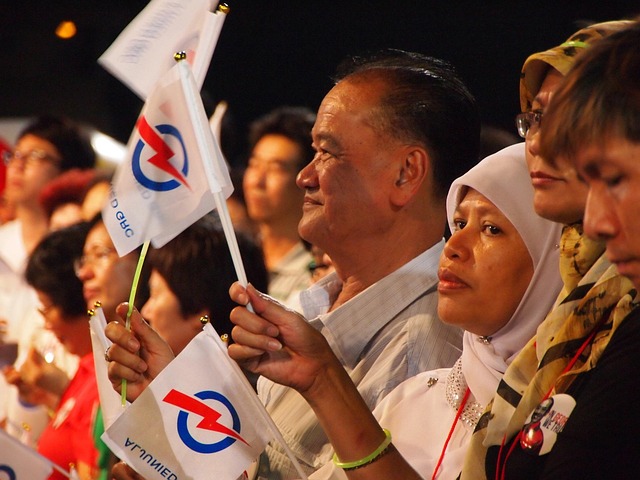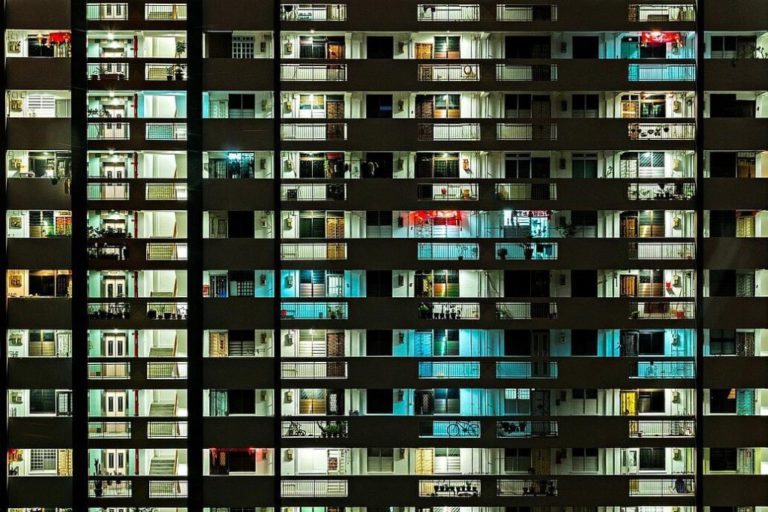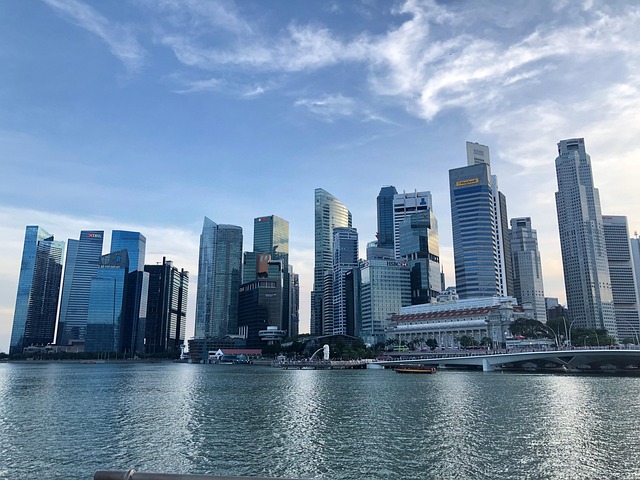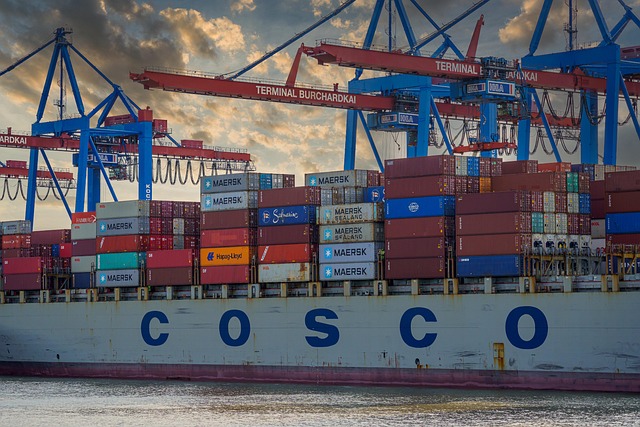Becoming a new Singapore citizen may feel exciting as it comes with numerous privileges such as access to one of the world’s most stable economies, excellent infrastructure, and top-tier public services. However, it also comes with responsibilities and regulations, especially in the area of property ownership. In this article, we answer one of the most common questions people ask: Must new Singapore citizens sell off overseas properties?
Am I required to sell off my overseas properties upon obtaining Singapore Citizenship?
Singapore does not have any law that requires new citizens to dispose of their overseas residential or commercial properties upon acquiring citizenship. You are free to own property abroad, as long as you comply with the laws of that foreign jurisdiction.
While Singapore doesn’t regulate your overseas holdings directly, what matters more is how those holdings affect your housing options locally.
1. HDB Flat Eligibility
If you plan to buy a new or resale HDB flat, your property ownership status now comes under scrutiny:
- A Singapore Citizen cannot own or have an interest in any private residential property (local or overseas) at the time of application for an HDB flat, and
- You must dispose of any such property within 6 months of buying the HDB flat.
- This includes private properties overseas.
So if you wish to own an HDB flat, you must sell your overseas residential properties.
2. Private Property Ownership
Singapore does not restrict private property ownership, so if you’re planning to:
- Buy a condo,
- Own a landed home (subject to approval for foreigners or new citizens), then your overseas properties are not an issue.
Property-Related Considerations
1. Foreign Property Taxes
Singapore follows a territorial tax system:
- This means only income earned in Singapore or remitted into Singapore is taxable.
- Rental income from overseas properties is NOT taxed in Singapore unless you bring it into the country.
However, you may be subject to foreign property taxes, capital gains, or inheritance taxes in the country where your overseas property is located. Becoming a Singapore citizen doesn’t exempt you from foreign tax obligations.
2. CPF Implications
If you plan to use CPF funds to finance a property in Singapore:
- CPF usage for HDB or private property is allowed only if you don’t own other residential properties, including overseas.
- This mirrors HDB’s eligibility checks and acts as another incentive to dispose of overseas residential holdings if you’re leveraging CPF.
Strategic Considerations for New Citizens
Here are a few strategic things to consider:
- If your overseas property is an investment generating income, you might want to hold on to it if you’re not planning to purchase an HDB flat.
- If you’re relocating permanently to Singapore and need affordable housing, it may be wiser to sell off overseas residential properties to qualify for HDB and CPF schemes.
- Consider the liquidity, taxes, and maintenance costs of your overseas property now that your base has shifted to Singapore.
This article is a general guideline for the purpose of providing information and not to be taken as legal advise. It is best to do further research and compliance checks with HDB, ICA, and CPF for more details, specific to your situation.
New Singapore Citizens & Overseas Properties
Singapore’s housing policies are uniquely structured to promote stable, long-term home ownership and to prevent the speculative accumulation of residential properties, especially within the local market. These policies are part of a broader national strategy to ensure housing affordability, social stability, and responsible financial planning among residents.
For new Singapore citizens, navigating this landscape involves more than just understanding the rules; it means aligning your personal housing and investment goals with the ethos of the system. Singapore imposes stringent taxes and ownership restrictions on those who own multiple properties or who purchase property for investment rather than genuine occupancy. Additionally, overseas property ownership may be scrutinised in certain contexts, especially when applying for housing grants, public housing, or participating in government schemes that prioritise owner-occupiers.
As a new citizen, this is an opportunity to reassess your global property portfolio and decide how to best structure your assets. You may want to consider whether maintaining overseas properties is in line with your long-term goals in Singapore.
In short, becoming a Singapore citizen comes with both privileges and responsibilities in the property space. Understanding the local policies such as Additional Buyer’s Stamp Duty (ABSD), eligibility for HDB flats, and the implications of foreign or overseas property ownership is crucial for making informed decisions. By aligning your housing strategies with national priorities, you not only benefit from Singapore’s strong property ecosystem but also lay a solid foundation for your life in your new home country.







